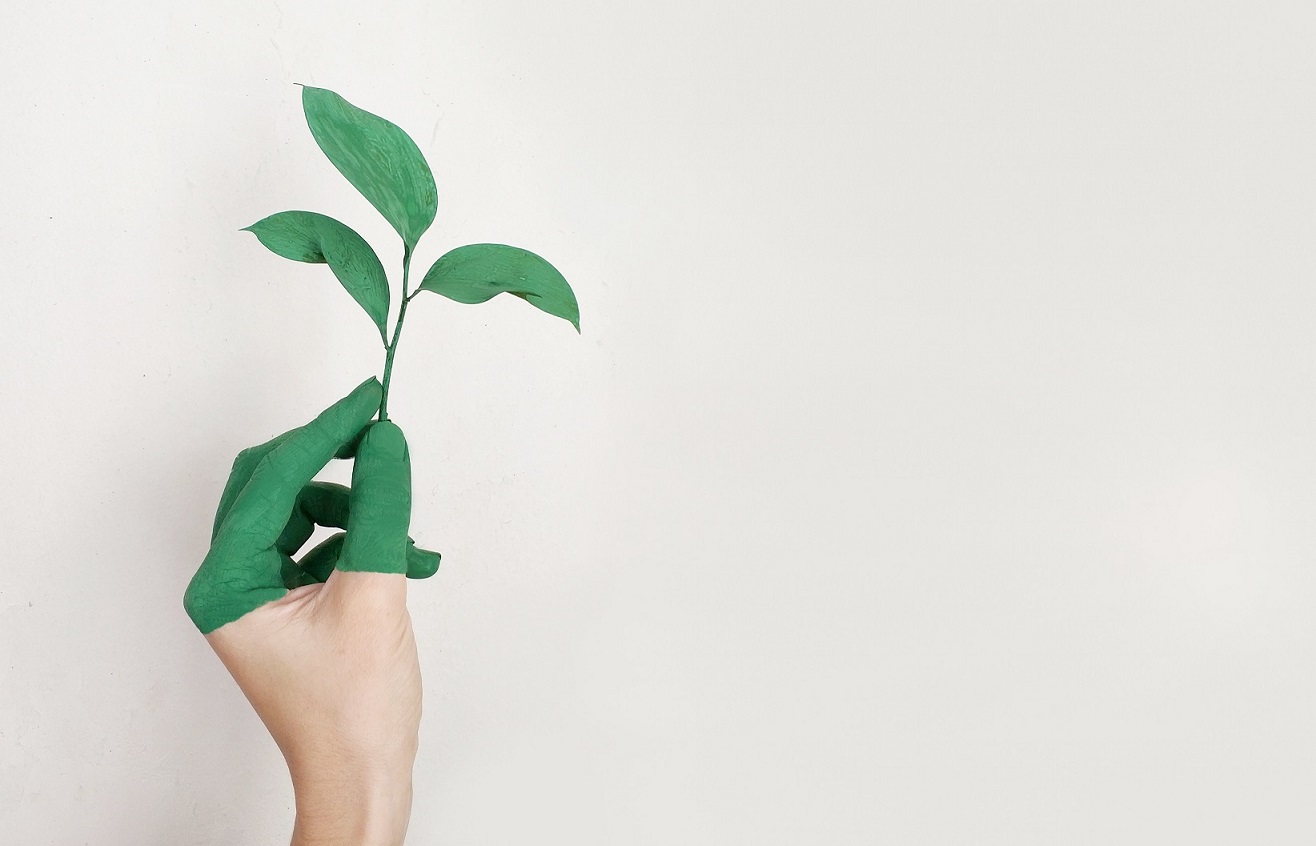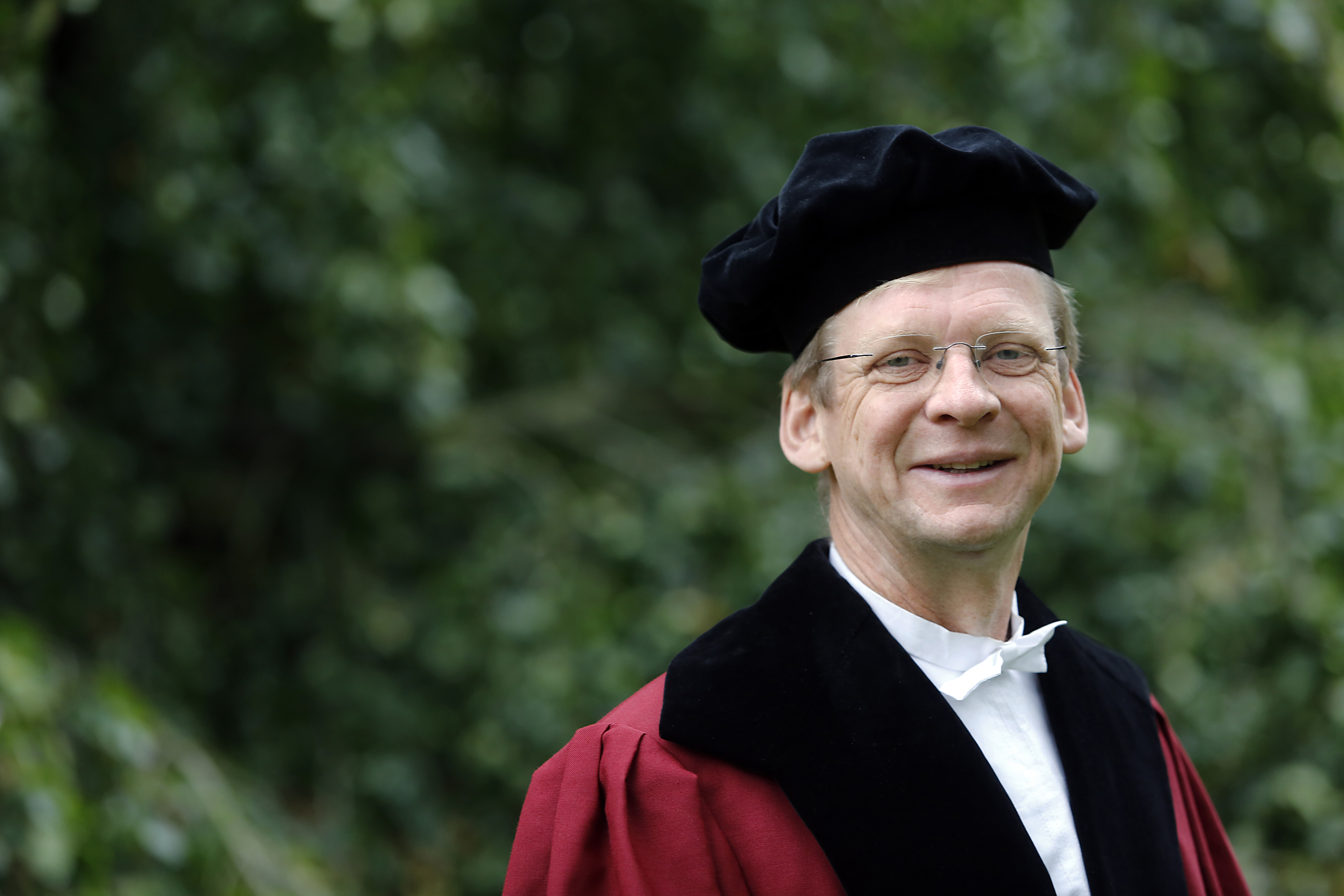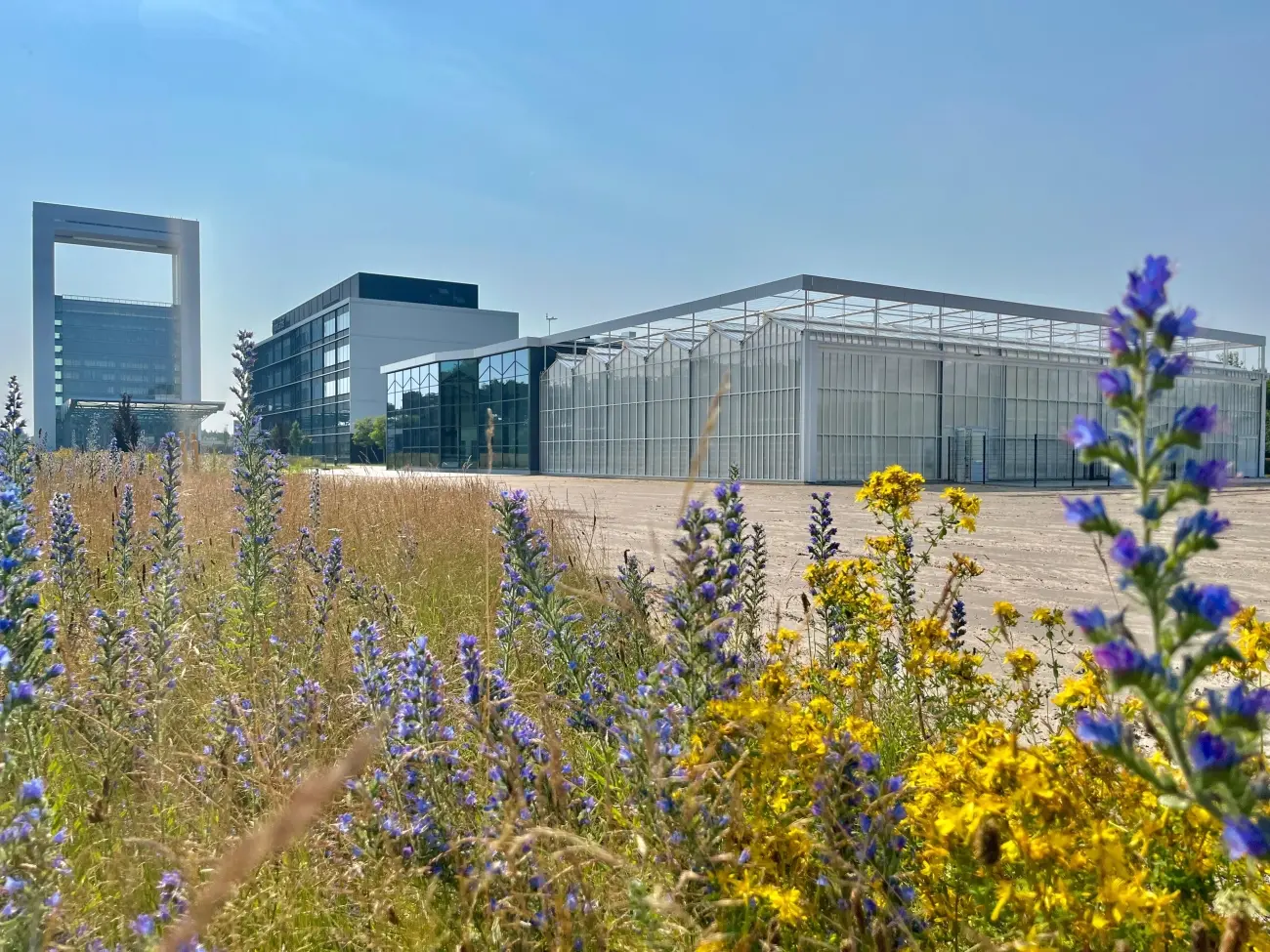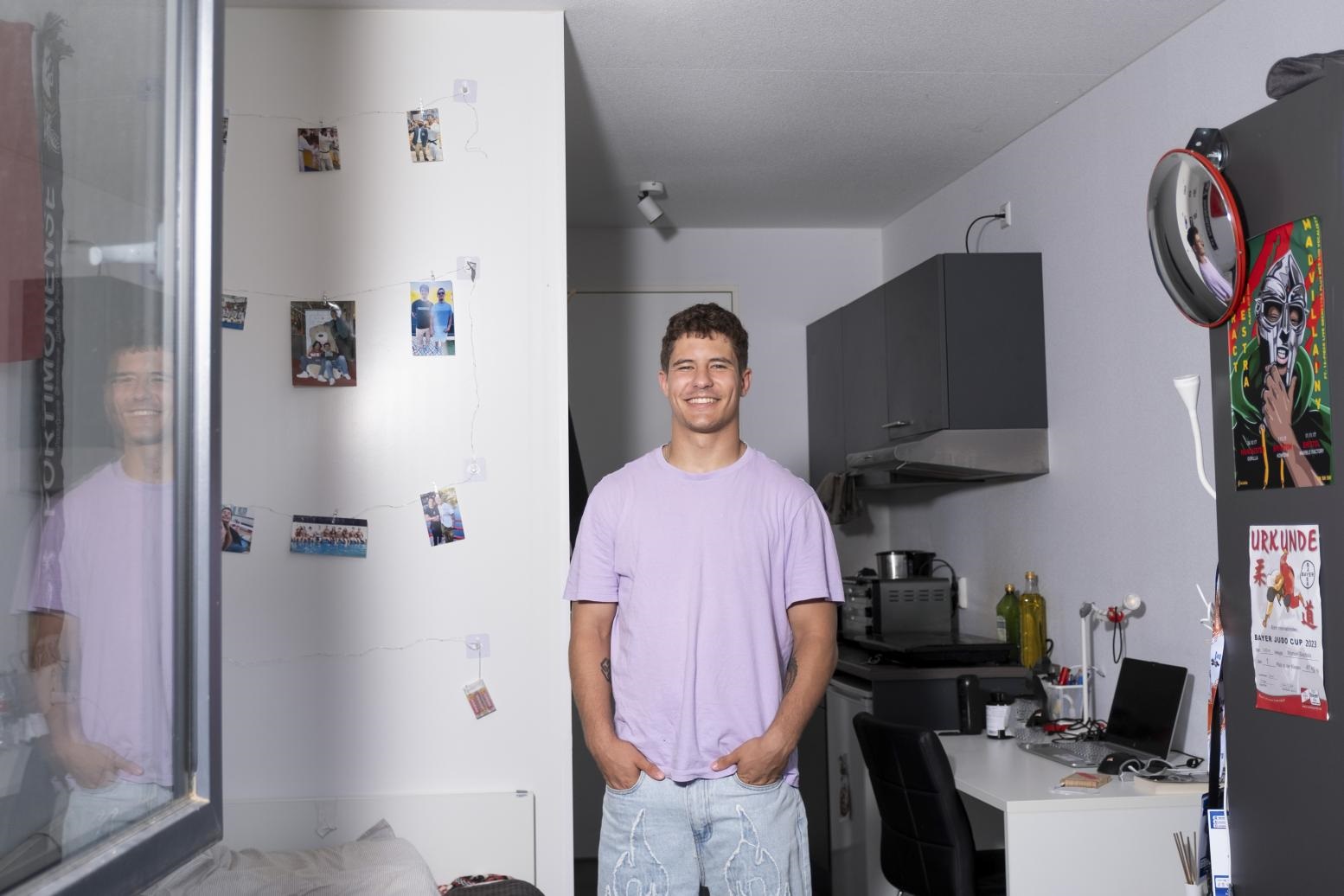(Re)searching sustainability
UM organises a symposium to co-create a strategy on sustainability research and sustainable research. Highlights will include the results of a survey on existing research and a discussion to determine our vision on a Sustainable UM in 2030. The speakers for the plenary session have already shared some of their thoughts with us.
The Sustainability Vision 2030, UM’s plan to become an integrally sustainable university by 2030 is bearing fruit already. It is roughly subdivided into three pillars – education, research and operations – the latter is already being put into practice. Last year, Green Impact was launched, a challenge in which teams could compete to make UM more sustainable.
Sustainable Research is the next big step. While UM’s strategic vision already includes a plan for sustainable research, it is important to actively involve UM’s research community to make concrete steps forward. The taskforce sustainable UM2030 is organising a symposium to allow everyone to get an overview of where we are – after all, there’s already a lot of interesting research on sustainability going on – and to have a say on where we should go.
As a research topic it is very interdisciplinary and representatives from several faculties will provide possible perspectives on sustainability. So if you are interested in the topic or think you might have some useful input or interesting research on the matter then please sign up! The symposium is open for UM researchers and students.
The symposium will kick off with Rick Kramer, the research coordinator within the Sustainable UM 2030 programme. He will reveal the results of a survey conducted in 2019 into current sustainability research at UM.

Join the symposium on 29 November 2019 at 13.30! You can sign up here.
Activate your body’s thermoregulation
Wouter van Marken Lichtenbelt, Professor of Ecological Energetics and Health at the Faculty of Health, Medicine and Life Sciences, researches the relationship between health, the indoor environment and energy saving. “In the Western world, we spend 90% of our time indoors, so this is very relevant.”
“A temperature of 21 degrees Celsius might make for a cosy office or living room, but it’s not necessarily healthy and constant temperature regulation consumes a lot of energy. Most people are unaware that the indoor temperature affects our metabolic health and that an ever-constant temperature decreases our thermal resilience,” the leader of the research group Thermophysiology & Metabolism Maastricht University (TherMU) adds.
Research shows that exposure to mild cold increases and activates brown fat, resulting in improved glucose metabolism; while mild heat exposure has beneficial effects on metabolic and cardiovascular health. “We should change our attitude and embrace seasonal and daily variations in temperatures. Such a dynamic drifting indoor environment also saves energy.”
Plastic pollution
Our ever-increasing plastics consumption is not only problematic because of greenhouse gas emissions and reliance on fossil resources. The resulting plastic pollution has also become a societal problem with harmful micro-plastics appearing in our food and environment. Yvonne van der Meer leads the research group Sustainability of Biobased Materials in a Circular Economy.
They want to provide suitable methods, metrics, tools, and life cycle sustainability assessments to evaluate and enhance the sustainability of chemicals and materials. “The development of biobased materials made from renewable resources and/or biodegradable materials also brings new challenges, such as food security, soil acidification and health risks. Consistent and full sustainability assessments allow us to rank materials on sustainability performance.”

Professor Wouter van Marken Lichtenbelt
Sustainabuilding
Piet Eichholtz from the School of Business and Economics will share his vision based on his research into the economic performance of sustainable buildings, in particular with regards to energy and water consumption. “Of late we have shifted our attention to the relationship of those buildings and the health and productivity of people – we call this ‘Sustainable Buildings 2.0’... It’s clear that sustainability is just too important to ignore.”
Joop de Kraker, professor of Sustainability Assessment at ICIS, focuses on sustainable urban development and the contribution of greenspaces to urban sustainability and human well-being. “My research is on methods and tools to conduct sustainability assessments, in particular in the context of urban living labs. These are places where we want to help develop scalable, socially-inclusive solutions that allow cities to become more sustainable in terms of energy, mobility, climate, etc.”
Not blind, pointless novelty
Professor of Science and Technology Studies and Head of Department at the Faculty of Arts and Social Science, Harro van Lente, studies the tension between uncertainty and promise surrounding the development of emerging technologies. “I look at how those new technologies produce novelty and needs – but also how they are received. Stimulating innovations without reflection is blind, criticising without influence is pointless.”
Any strategy that hopes to make a meaningful contribution to sustainability science must be interdisciplinary and inclusive. So whatever your background is, please join on 29 November 2019 at 13.30! You can sign up here.

Professor Piet Eichholtz
Also read
-
Moving orange spots on a yellow background are the first indication that something unusual is taking place in Maastricht's limestone quarry, Sint-Pietersberg. A closer look reveals that these are people clothed in orange vests. They are Maastricht Science Programme students and supervisors.
-
Maastricht University has built a new research greenhouse at Brightlands Campus Greenport Venlo. Starting on September 1, research will be conducted in this high-tech greenhouse on the agriculture and horticulture of the future: from new cultivation techniques and the development of plants to the...
-
The area on the Sorbonnelaan in the Maastricht neighbourhood of Randwyck looked somewhat bare and remote about two years ago. This was mainly due to the modular and temporary appearance of the student houses that were quickly built there. Meanwhile, the area is increasingly taking on the character...

